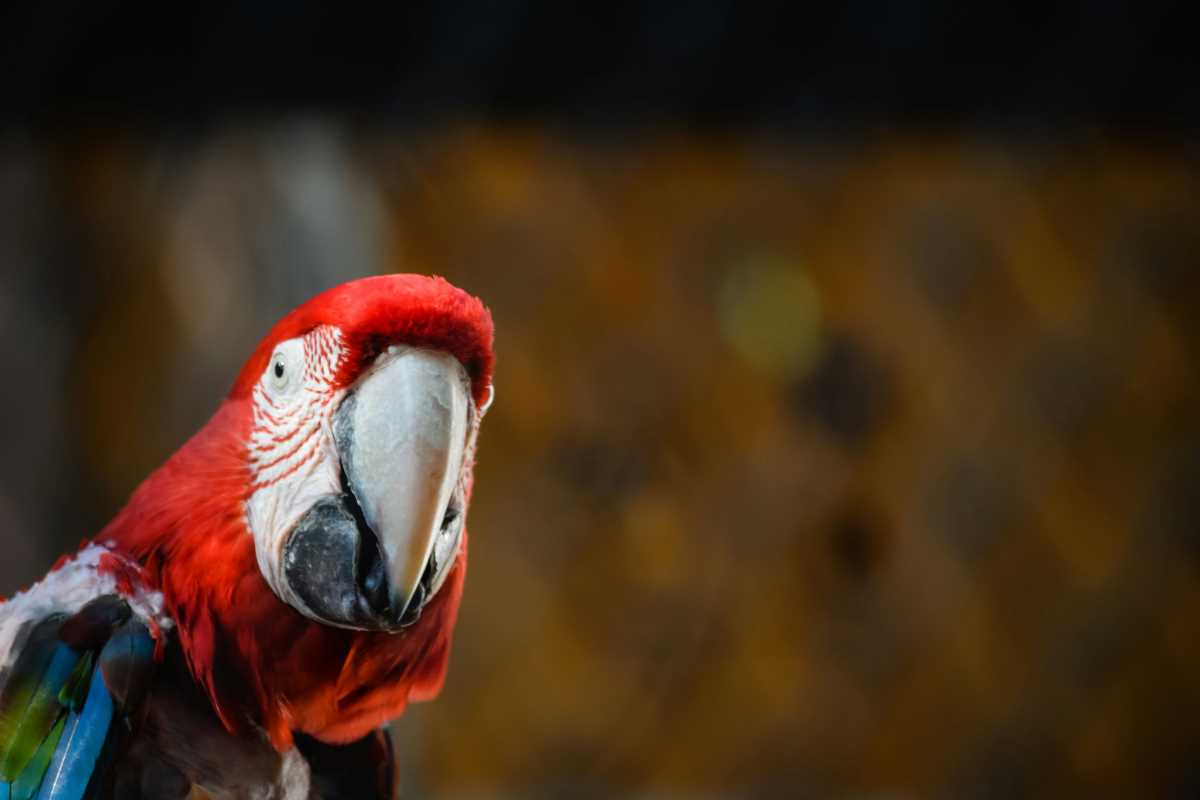Exotic pets are increasingly popular among animal enthusiasts seeking companions that stand out from the traditional choices of cats and dogs. Whether it’s a brightly colored reptile, a miniature mammal, or a bird with striking plumage, exotic pets offer a unique and intriguing addition to any household. However, owning an exotic pet comes with specific responsibilities and considerations that differ significantly from those associated with more common pets. This guide will help you navigate the fascinating world of exotic pets, providing insights into selecting the right one, understanding legal requirements, and ensuring proper care.
Research Before Commitment
The first and most crucial step in adopting an exotic pet is thorough research. Each exotic species comes with its own set of needs, behaviors, and challenges. Here’s how to approach your research:
- Dietary Needs: Exotic pets often have specialized dietary requirements. For example, a bearded dragon requires a diet of live insects and leafy greens, while a hedgehog needs a high-protein diet supplemented with specific fruits and vegetables. Understanding these dietary needs is essential to prevent nutritional deficiencies and health issues.
- Habitat Requirements: Each exotic species has specific habitat needs. For instance, reptiles may require specialized heating and UV lighting to mimic their natural environment, while small mammals like sugar gliders need a multi-level cage with plenty of space to glide and climb. Researching these requirements helps in setting up an appropriate living space.
- Behavioral Characteristics: Learning about the natural behaviors of your chosen exotic pet is important. For example, while some exotic pets, like reptiles, are solitary and low-maintenance, others, like parrots, are highly social and require constant interaction. Understanding these behaviors helps in preparing for the pet’s needs and ensuring a good match for your lifestyle.
Selecting the Right Exotic Pet
Choosing the right exotic pet requires careful consideration of your lifestyle, living space, and the time you can commit to pet care. Here’s how to evaluate different exotic pets:
- Low-Maintenance Pets: If you lead a busy lifestyle, consider pets that are relatively low-maintenance. Species such as tarantulas, some snakes, and geckos require minimal interaction and are less demanding in terms of daily care. These pets are generally easier to care for in terms of feeding and habitat maintenance but still require specific environmental conditions.
- High-Maintenance Pets: Exotic pets like parrots, monkeys, and larger reptiles demand more attention. Parrots, for example, require daily social interaction, mental stimulation, and a varied diet. Monkeys are even more demanding, needing substantial space and social interaction to prevent behavioral issues. Before choosing a high-maintenance pet, ensure you have the time, energy, and resources to meet their complex needs.
- Compatibility with Lifestyle: Assess how the pet’s needs align with your lifestyle. For instance, if you live in a small apartment, a large tortoise or a species requiring extensive exercise might not be ideal. Conversely, if you have ample space and enjoy interactive pets, a monkey or a large parrot could be a rewarding choice.
Legal Considerations
Legal requirements and restrictions for exotic pets vary widely by region. It is vital to be aware of and comply with these regulations:
- Legal Restrictions: Many areas have restrictions on certain exotic pets due to concerns about safety, environmental impact, or animal welfare. For example, some places ban the ownership of big cats or venomous snakes. Research local regulations to ensure that your chosen pet is permitted in your area.
- Permits and Licenses: Some exotic pets may require special permits or licenses. These regulations are in place to ensure that pets are kept responsibly and that their needs are met. Applying for the necessary permits before acquiring your pet helps avoid legal issues and ensures that you are prepared for responsible ownership.
- Zoning Laws: In addition to specific pet regulations, check zoning laws to ensure that you are allowed to keep exotic animals in your residence. Some residential areas have restrictions on the types of animals that can be kept due to concerns about noise, odor, or safety.
Health and Wellness
Maintaining the health and wellness of your exotic pet is crucial for their longevity and quality of life. Here’s what you need to consider:
- Veterinary Care: Exotic pets often require specialized veterinary care. Find a veterinarian with experience in treating exotic species, as they will be better equipped to handle the specific health issues that may arise. Regular check-ups, vaccinations, and preventative care are essential for keeping your pet healthy.
- Nutrition: Proper nutrition is vital for all pets but is especially important for exotic animals with unique dietary needs. Consult with your veterinarian to develop a balanced diet plan tailored to your pet’s species. Some exotic pets may also require dietary supplements to ensure they receive all necessary nutrients.
- Health Monitoring: Monitor your pet’s health regularly for any signs of illness or distress. Changes in behavior, appetite, or appearance can indicate health issues that need prompt attention. Early intervention can prevent more severe health problems and improve your pet’s quality of life.
Building a Suitable Habitat
Creating a suitable habitat is crucial for the well-being of your exotic pet. The habitat should mimic the pet’s natural environment as closely as possible:
- Enclosure Size and Design: Ensure that the enclosure is spacious enough to accommodate your pet’s needs. Some species require larger enclosures with specific features, such as climbing structures for arboreal animals or burrowing areas for subterranean species.
- Temperature and Humidity: Many exotic pets have precise temperature and humidity requirements. Invest in reliable heating and cooling equipment, as well as humidity controls, to maintain the optimal conditions for your pet.
- Environmental Enrichment: Provide environmental enrichment to keep your pet mentally and physically stimulated. This can include toys, hiding spots, climbing structures, and other elements that encourage natural behaviors.
Socialization and Enrichment
Socialization and mental enrichment are essential for the well-being of many exotic pets:
- Social Needs: Some exotic pets thrive on social interaction and may become stressed or bored if left alone for long periods. For species that are highly social, such as ferrets or some primates, consider providing companionship or engaging in regular interactive play.
- Mental Stimulation: Enrich your pet’s environment with activities that challenge their intelligence and curiosity. Puzzle toys, foraging opportunities, and interactive games can help prevent boredom and encourage natural behaviors.
- Species-Specific Enrichment: Tailor enrichment activities to the specific needs of your pet. For example, reptiles might benefit from hiding spots and climbing structures, while birds may enjoy puzzle toys and opportunities for flight.
Owning an exotic pet can be an immensely rewarding experience, offering a unique bond and the joy of caring for a less conventional companion. However, it requires a commitment to understanding and meeting the specific needs of these remarkable animals. By conducting thorough research, understanding legal considerations, ensuring proper healthcare, and creating a suitable habitat, you can provide a loving and enriching environment for your exotic pet. Whether you’re drawn to the vibrant colors of reptiles or the playful nature of small mammals, embracing the responsibilities of exotic pet ownership will lead to a fulfilling and mutually rewarding experience for both you and your new companion.
(Image by Unsplash)







